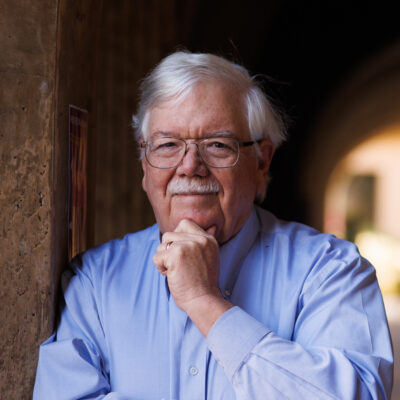Editing the Human Genome: Where Are We Now? What Happens Next?
Summary
The event then pivoted away from basic science and towards the ethical and legal realms with Professor Hank Greely, director of the Centre for Law and the Biosciences at Stanford University, and author of books including ‘CRISPR People: the science and ethics of editing humans’ (see BioNews 1097). Professor Greely took a somewhat more pragmatic and refreshing viewpoint versus previous speakers, questioning if our reverence of genome editing is truly necessary, and even wondering why we treat the human germline like the Ark of the Covenant.
Professor Greely started by offering some grounding perspective, convinced that there is little need for germline genome editing given the existence of preimplantation genetic diagnosis (PGD). He did, however, concede that certain compelling use-cases exist, albeit rare, such as two autosomal recessive parents wanting to have biological children.
Professor Greely also delved into the realities of genome editing being used for that darkest of words, ‘improvement’, which to me is very much part of the ‘what happens next’ part of the public’s mind. He advocated a rational approach, and reasoned that the practicalities of improving humans are far harder than scaremongers would like to have you believe. I found myself agreeing.
Read More

